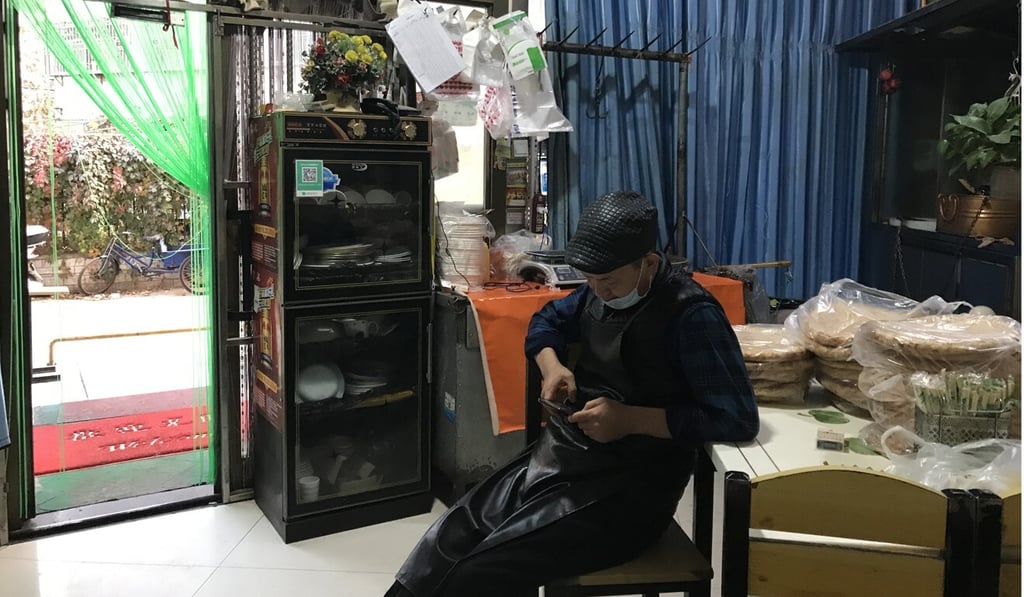Coronavirus: Kashgar in lockdown as health authorities analyse 4.7 million Covid-19 tests
- Neighbourhoods cordoned off, shops closed after 100 infections confirmed in village on outskirts of city
- Local woman says situation not as bad as in July, as people have learned to cope the restrictions

Across the city, stores – except for a handful of supermarkets and mobile food stations – were closed, and police officers stood guard at the gates to housing compounds, allowing only essential workers to come and go.
The lockdown was ordered after more than 100 coronavirus patients were identified on Saturday in a village in Shufu county, about 24km (15 miles) outside the city centre. The cluster is the biggest in China since more than 300 cases were linked to a wholesale wet market in Beijing in July.
Xinjiang health authorities said on Tuesday they had completed testing all 4.7 million people in Kashgar district, which comprises the city and 12 outlying regions, and the results were being evaluated.
Inside a shop selling lamb and nan bread – one of only two shops open on the block – a police officer said he and his colleagues were waiting to hear what the next steps would be.
“Who knows how long they [the shops] will remain closed. We’re all just waiting for the test results,” he said.

In the meantime, loudspeakers outside police stations broadcast the latest information about the outbreak in Mandarin and Uygur.